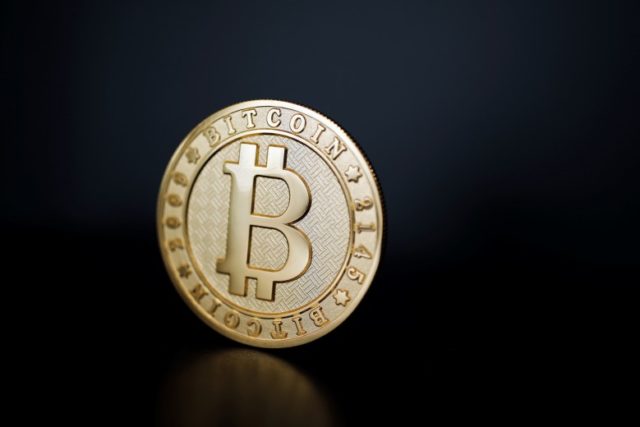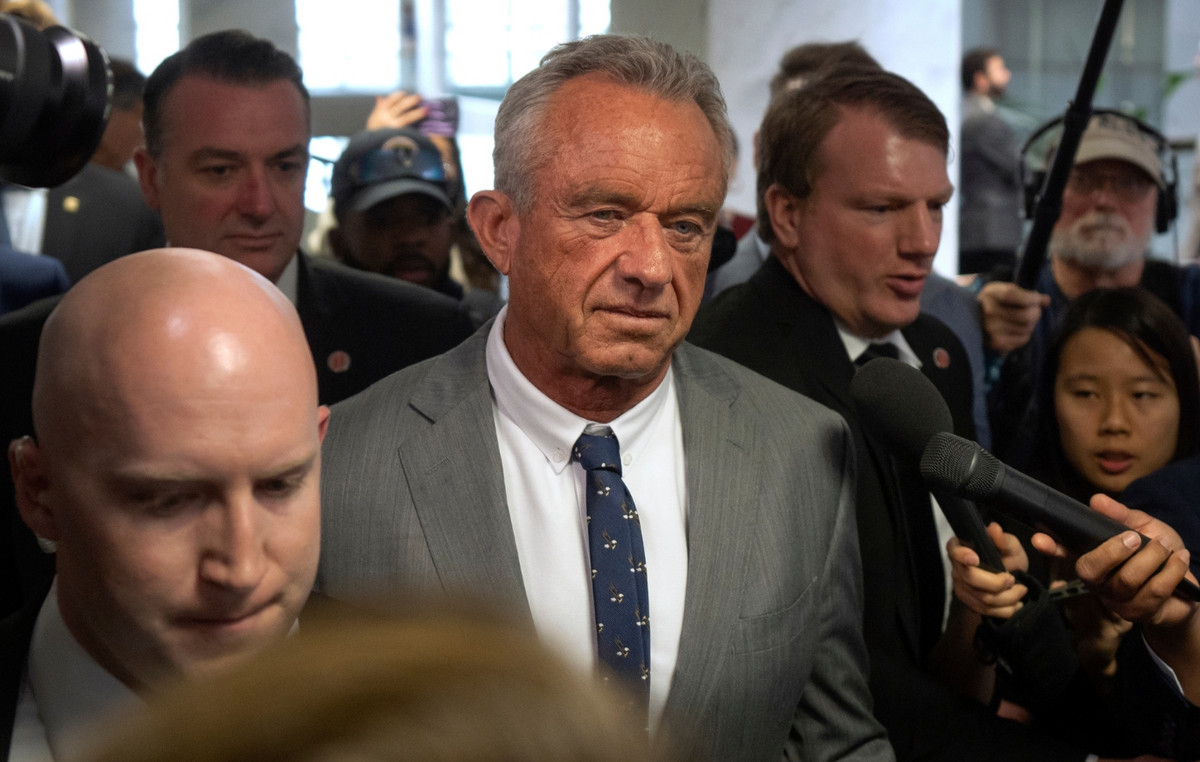By Enrique Diaz – Alvarez
Finally, the warnings of the American secret services were fully justified as Putin launched a full-scale invasion of Ukraine on Thursday night. For the next two days, markets turned wild, but the feeling that Western sanctions would prevent Russia from being completely cut off from the financial world fueled a delayed rally on Friday on most risk-averse assets. As of this writing, it’s already gone, as Western sanctions escalate over the weekend, Putin has put nuclear powers on alert, and there is a new path to trade security in Asia early Monday morning.
Two issues could be distinguished last week. First, the US dollar returned as the safe haven. The Swiss franc and the Japanese yen did it to a much lesser extent. Second, the commodities rallied, led by the energy complex, as did the currencies of the exporting countries, with the obvious exception of the ruble. The Norwegian krone has risen sharply against every other currency in the world.
Foreign exchange markets will obviously now be driven by developments in Ukraine and Russia, but also by the central banks’ reaction to the crisis, which is likely to exacerbate inflationary pressures and add financial risks, especially in Europe. The prospects are extremely uncertain, but we will do our best to keep you informed of key developments.
Sterling
The pound had a particularly difficult week, as it fell sharply against any other G10 currency. Following the risk aversion, Bank of England executives sought to downplay the importance of the four members of the Monetary Policy Council (MPC) who voted in favor of a 50 basis point increase at its last meeting. There is not much news this week, which means that sterling will be traded mainly on risk assets, ie geopolitical developments.
Euro
The key question for the euro now is the extent to which the European Central Bank will delay tightening policies in response to the war in Ukraine. The tougher sanctions announced over the weekend increase the risk of Russian energy supplies being cut off in Europe, something that would be inflationary and damaging to productivity capacity throughout the economy, an unfortunate mix to which the answer is not immediately apparent. Normally, the news would be dominated by the inflation data for February, which will be published on Tuesday, but obviously the developments in Russia and Ukraine and the reaction of the officials of the European Central Bank will be much more important this week.
US dollar
The US is a relatively independent economy and not dependent on Russia for energy supply. Therefore, it is likely to suffer long-term economic impact from the Ukraine war and the draconian sanctions announced by the West relatively lightly, so it is not surprising that the dollar is the safe haven chosen among the major currencies. Last week we had another big rise in inflation, this time in the consumer confidence index. The employment index (excluding agricultural holdings) to be released this week seems to be also very strong. As in the case of the ECB, there is still great doubt as to whether the US Federal Reserve can really afford it in the face of yet another inflation shock. Bank President Jerome Powell’s speech to Congress Wednesday and Thursday is expected to clarify matters. We evaluate it as the main event of the week, in addition, of course, to the developments around the Russian invasion of Ukraine.
* Enrique Diaz – Alvarez is Chief Risk Officer of the international payment company Ebury
Source: Capital
I am Sophia william, author of World Stock Market. I have a degree in journalism from the University of Missouri and I have worked as a reporter for several news websites. I have a passion for writing and informing people about the latest news and events happening in the world. I strive to be accurate and unbiased in my reporting, and I hope to provide readers with valuable information that they can use to make informed decisions.







